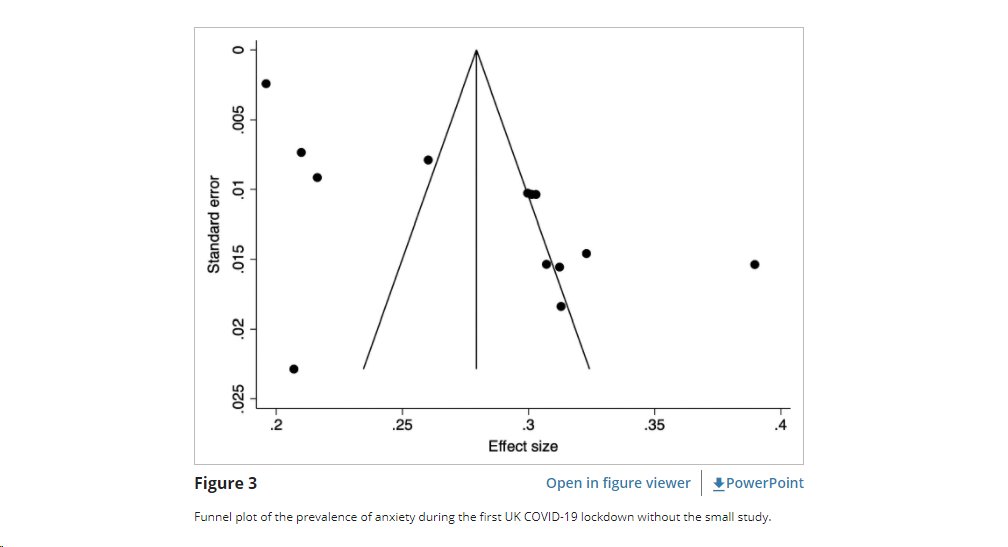
Mental health note:
Fear is not unhealthy. It saves you from bears and car crashes and deadly viruses. Reasonable fears respond to distress.
Unreasonable fear is unhealthy. It preoccupies you with unhelpful thoughts that are exaggerated. Unreasonable fears only add distress.
Fear is not unhealthy. It saves you from bears and car crashes and deadly viruses. Reasonable fears respond to distress.
Unreasonable fear is unhealthy. It preoccupies you with unhelpful thoughts that are exaggerated. Unreasonable fears only add distress.
It is unreasonable to fear masking occasionally as a cause of childhood developmental delay.
It is unreasonable (at this point) to fear COVID vaccination due to side effects or inefficacy.
It is unreasonable (with our current data) to fear that measures have caused suicide.
It is unreasonable (at this point) to fear COVID vaccination due to side effects or inefficacy.
It is unreasonable (with our current data) to fear that measures have caused suicide.
It is unreasonable to fear that masking can cause hypoxia or infection.
It is unreasonable to fear vaccinated people shedding virus or mutating virus.
It is unreasonable to fear vaccinated people shedding virus or mutating virus.
In fact, the unreasonable fears are perpetuating the spreading, deadly virus, for which our best measures have saved 1,000,000s of lives. Pre-vaccine: it was all our measure. Post-vaccine, the Vax most important but during periods of high transmission measures still valuable.
So please people, stop talking about our fears as if they're bad things. It's what we do with it and what we fear that matters.
• • •
Missing some Tweet in this thread? You can try to
force a refresh












